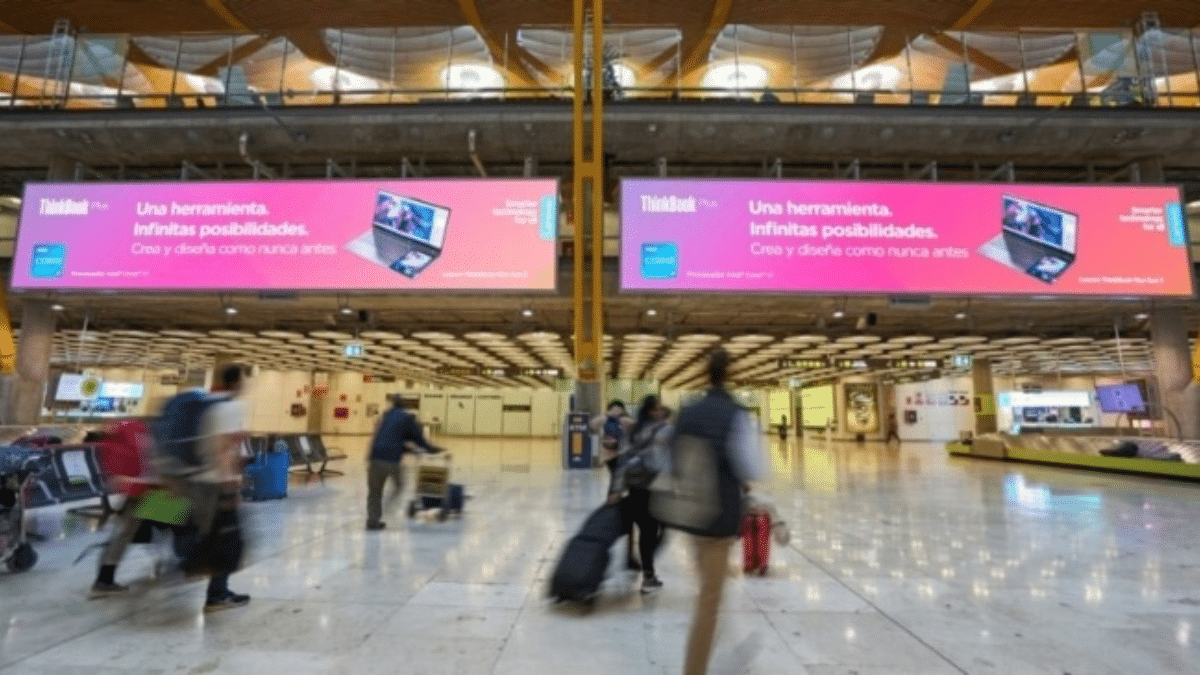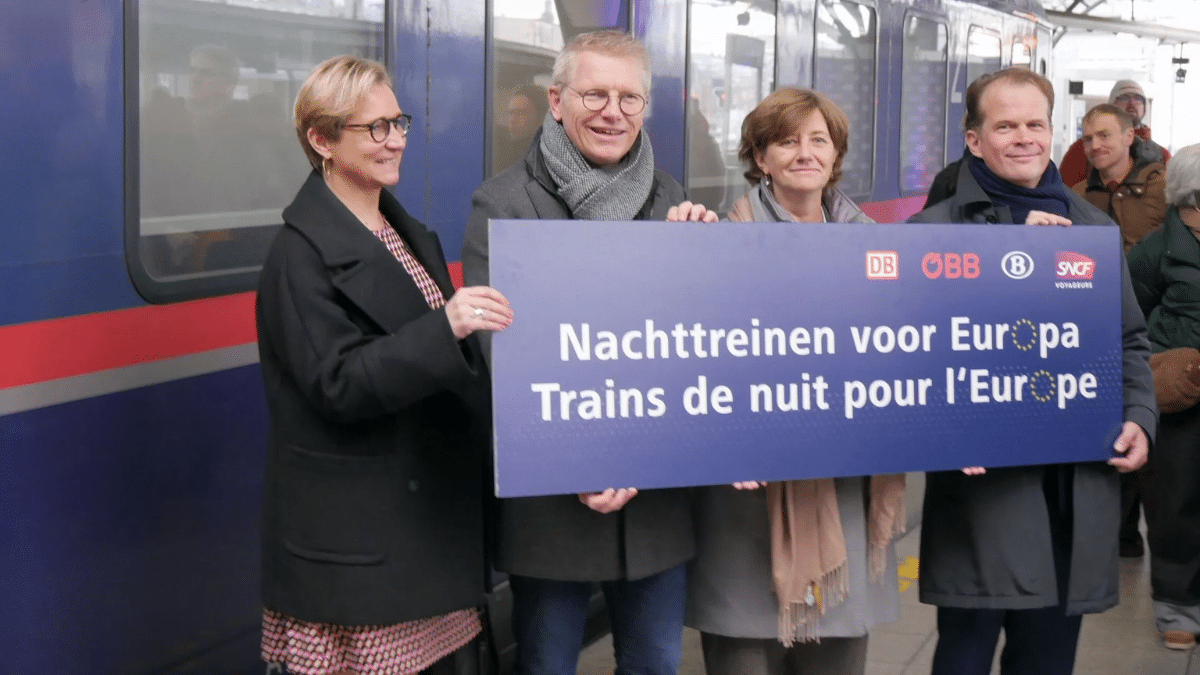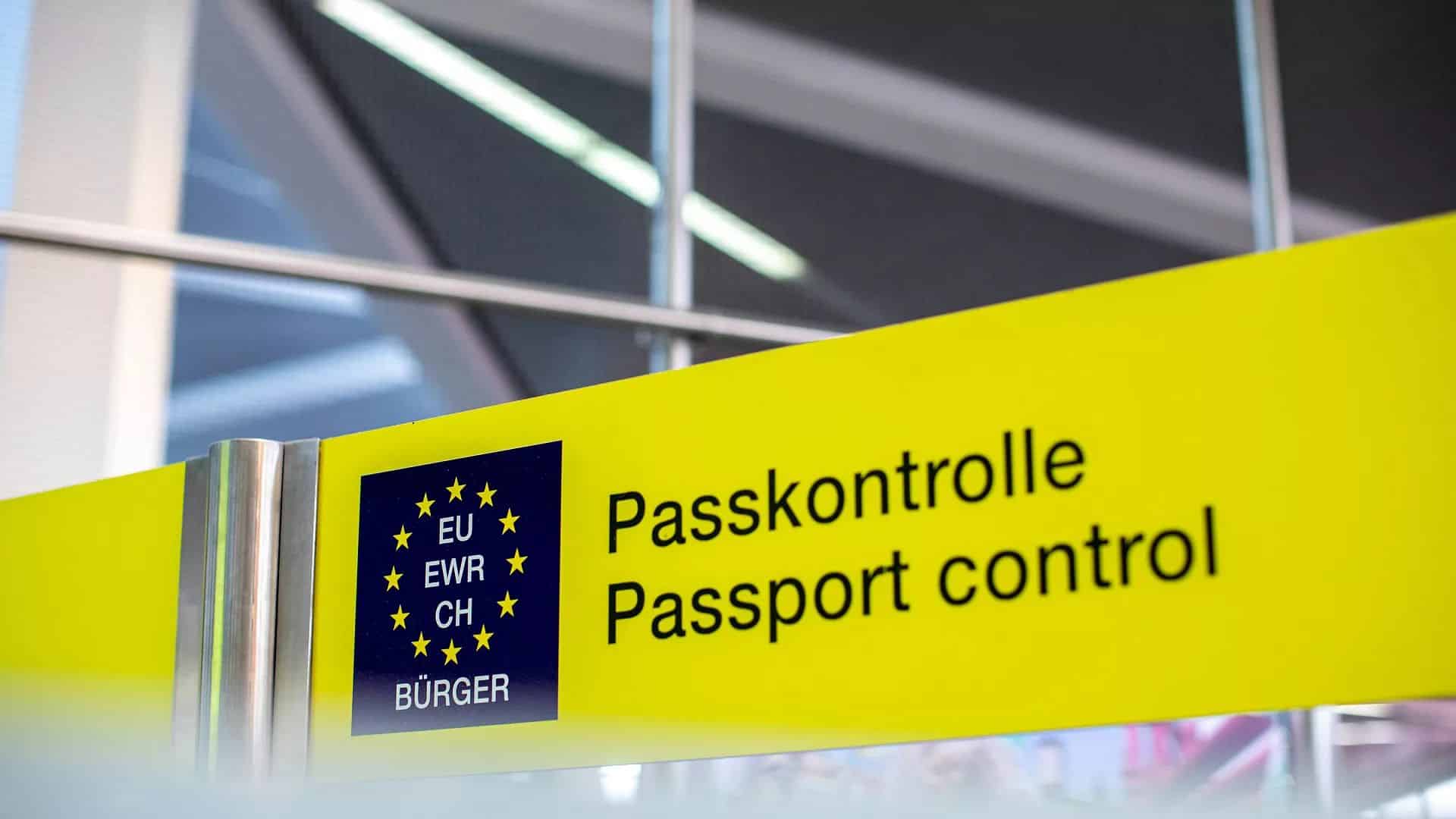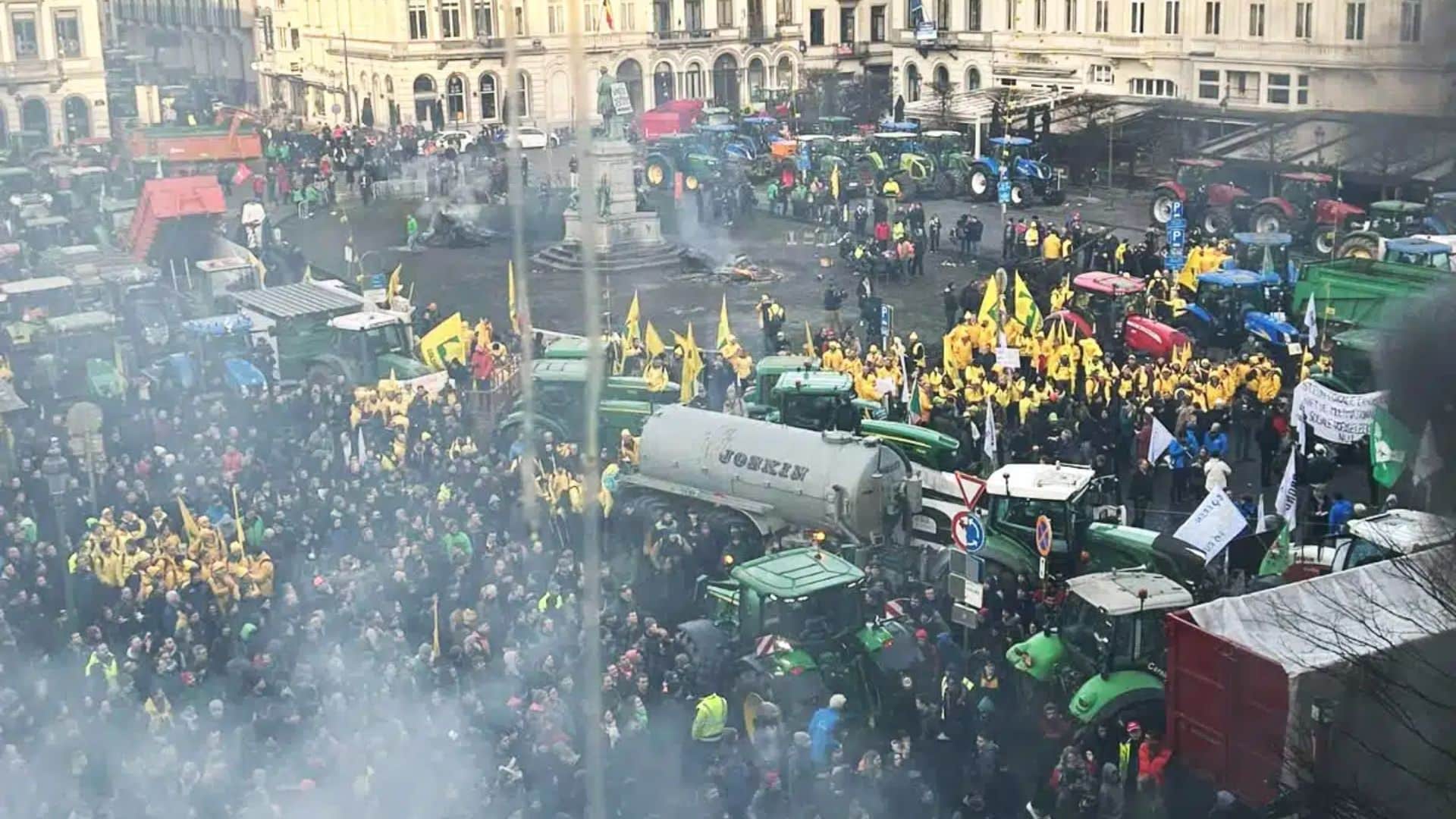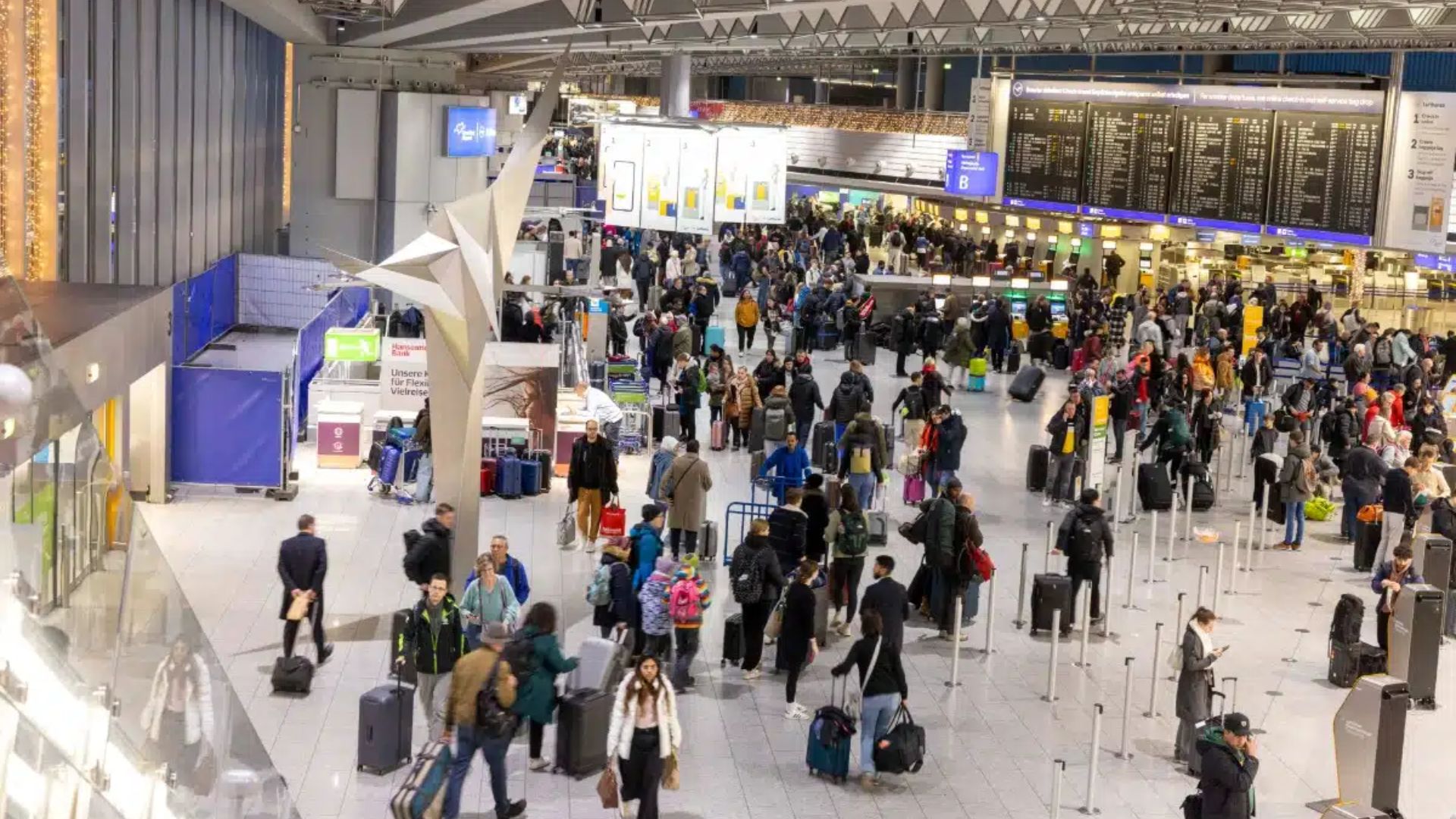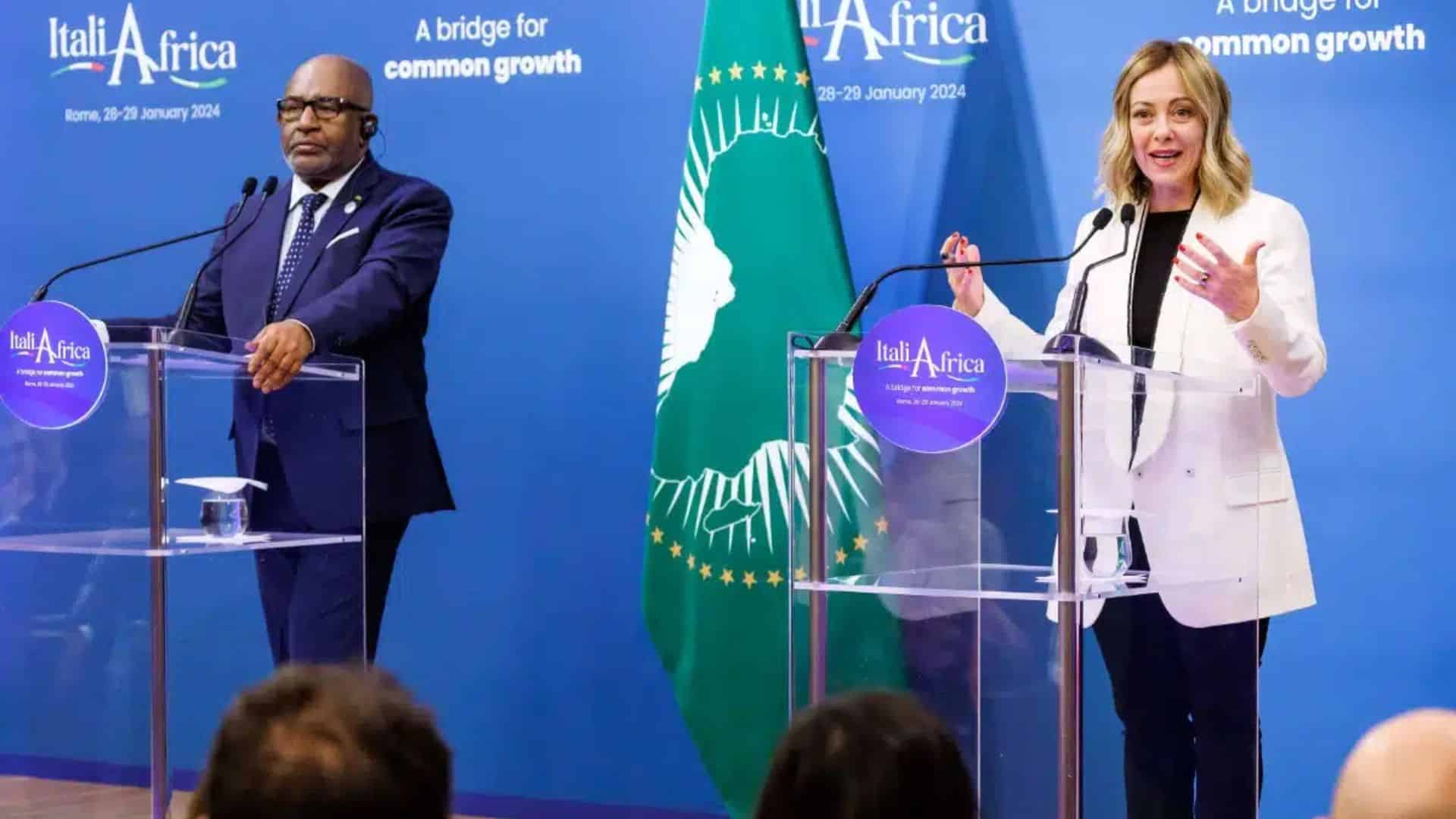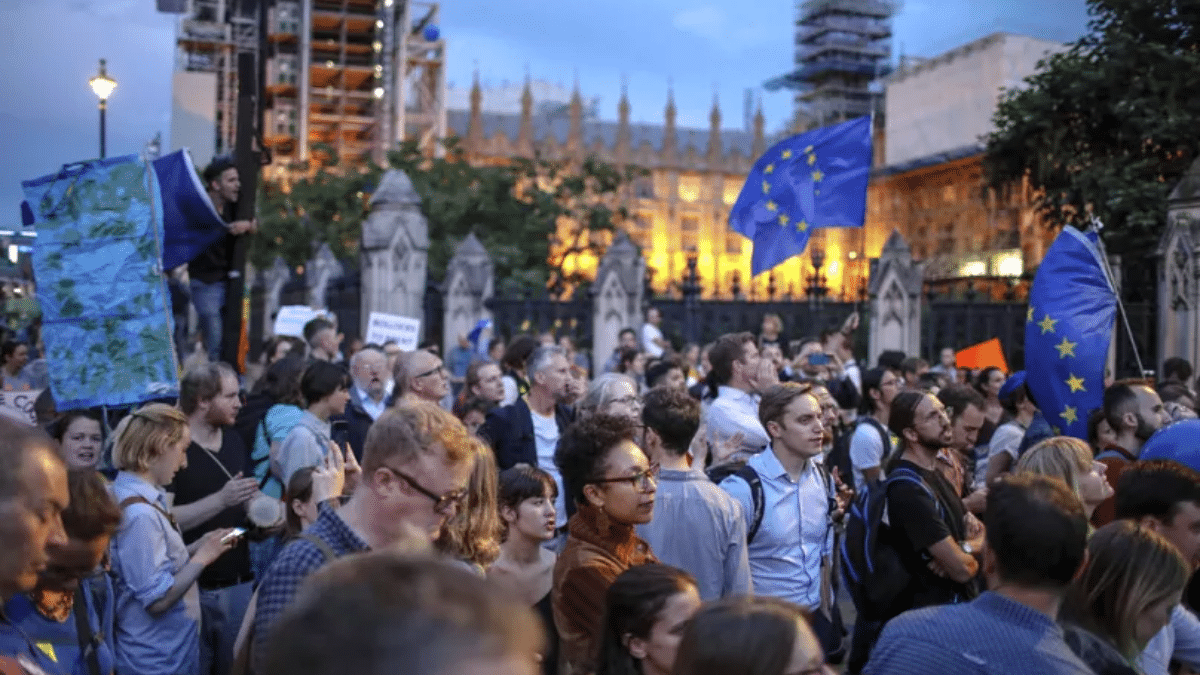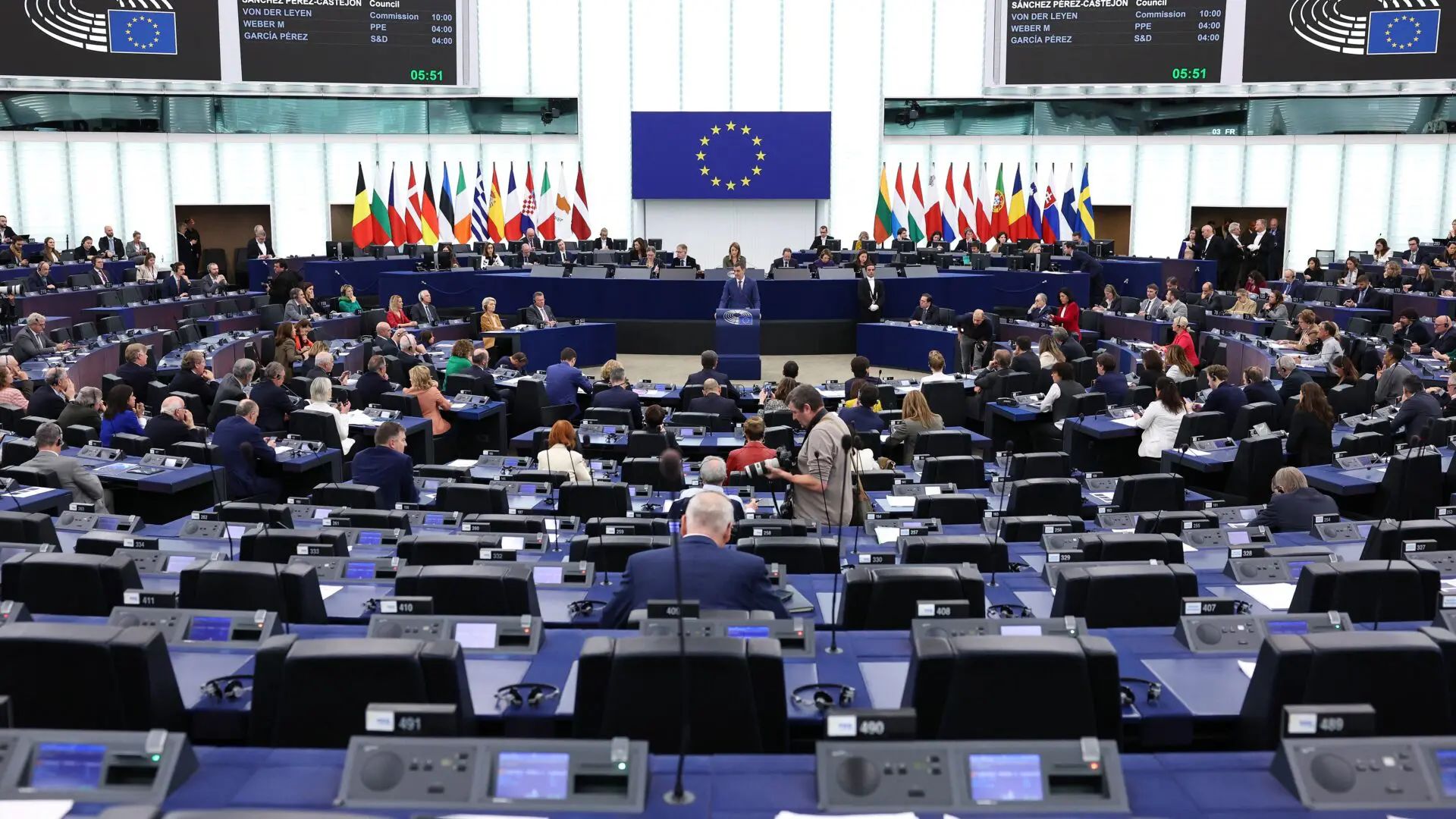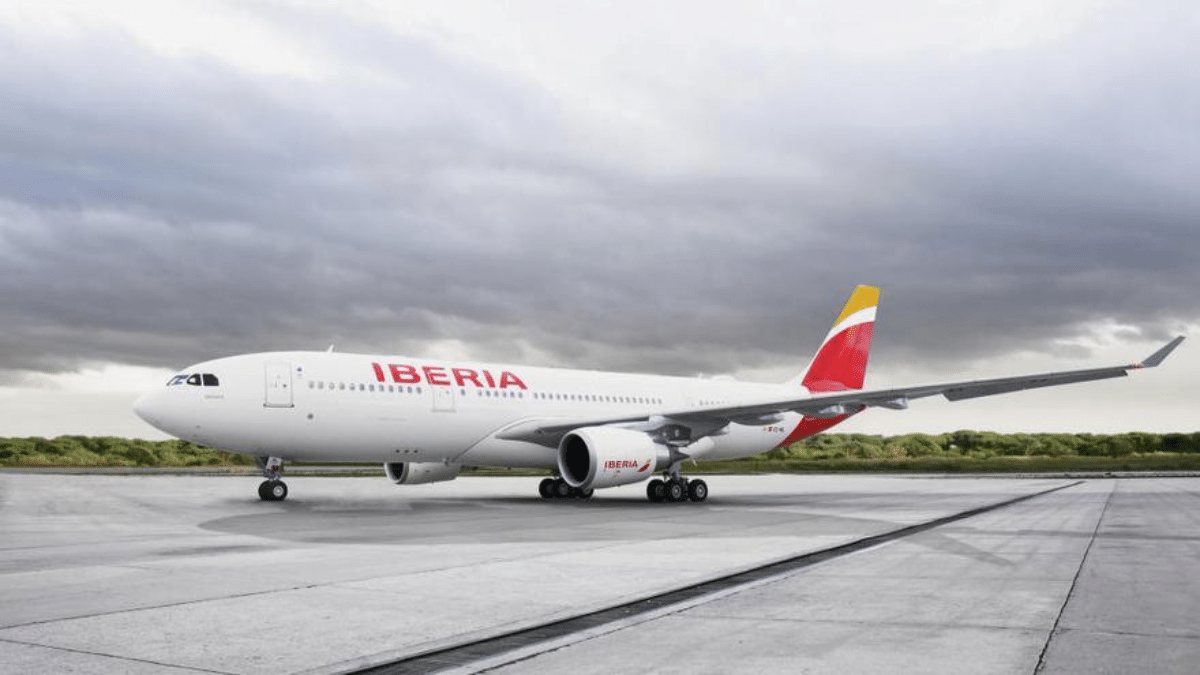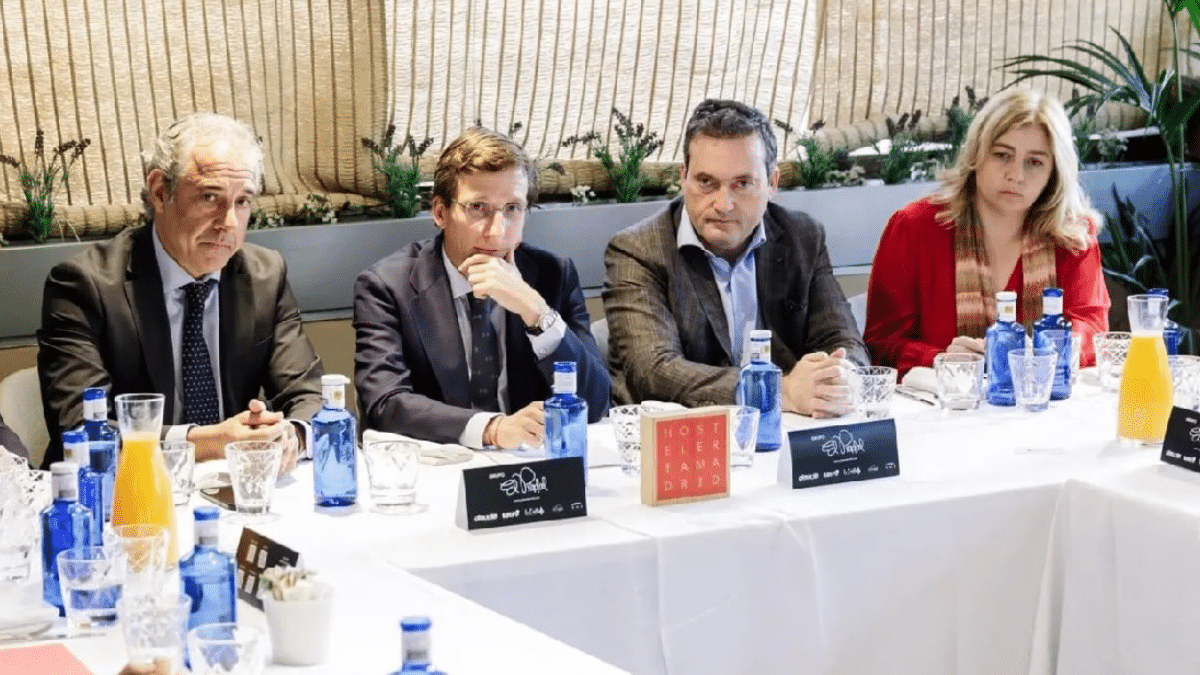
Madrid’s hotel industry leaders call for the elimination of bureaucratic obstacles
Madrid’s hotel and catering industry is once again making a comeback in the campaign for the municipal elections on 28 March. If in 2021 it played a key role in the reactivation of the economy, now the sector is calling for an end to “bureaucratic obstacles” and to speed up “licensing procedures”.
In a meeting held last Friday between the mayor of Madrid and PP candidate for re-election in the next municipal elections, José Luis Martínez-Almeida, together with members of Hostelería Madrid, they agreed on the need to untie the administrative knots that entrepreneurs are encountering, both when it comes to starting up businesses and managing them.
Among other aspects, these obstacles mean long waiting times in the sifting of licences for hotels and restaurants. This is a problem that the city council has identified and intends to speed up, as well as “generate conditions of advice prior to the presentation of applications that allow the procedures to be shortened and that have legal certainty”, according to Almeida.
The employers’ association calls for the promotion of Madrid’s terraces as a key element in the promotion and social cohesion of the city.
He even stressed “the line of aid and subsidies in the generation of mechanisms to take advantage of digital transformation and innovation”, although José Antonio Aparicio, president of the Madrid hotel and catering industry, focuses his demands on greater efficiency and effectiveness when it comes to developing the hotel and catering business. “There are hundreds of entrepreneurial projects that need a proper bureaucratic process; the regulations are sometimes profuse and complicated, and what entrepreneurs are asking us is that if they invest, we should have legal certainty”.
“Madrid has a very fast pace and what we want is that they allow us to work, invest and improve our premises”, summarised Aparicio about a forum that was attended by twenty prominent entrepreneurs from Madrid restaurant groups, which together have more than 160 restaurants and thousands of jobs.
Together with the association’s leaders, they presented the mayor with questions relating to measures to improve management in the boards and councils; to promote Madrid’s terraces as a key element in the promotion and social cohesion of the city; to propose training and employment training plans for the hotel and catering industry; to adapt urban planning regulations, capacity and licences to the new quality gastronomic projects that are arriving in the city, among other issues of interest.
With regard to the current terrace ordinance, Almeida indicated that “it has been approved recently, by common agreement between hoteliers and neighbours with whom consultations were held” and that it cannot be modified “unilaterally”. In view of this issue, the Madrid Hostelry Association points out that the debate should focus on specifying the terraces of the future so that they are considered a fundamental element of conciliation, sustainability and respect for neighbours.

